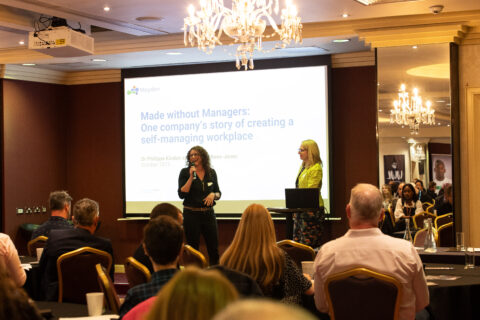Empowering women in the workplace: the importance of inclusion and support

Each year, International Women's Day reminds us of the need to recognise and support women. Not just in everyday life, but also in the workforce. Despite the progression that has taken place, women continue to be overlooked in employment, and that is especially true of mothers who are looking to return to work.
Ahead of our International Women’s Day event, we caught up with Rachel Mostyn, Co-Founder and joint CEO at the Women’s Work Lab (a Supporter of the Good Employment Charter) to understand more about the integral work they do to support women.
Who are the Women’s Work Lab?
The Women's Work Lab is a South West based social enterprise committed to helping women, particularly mothers, find meaningful employment that fits their lives and aspirations. Their goal is to empower each individual they work with to become the best version of themselves, both personally and professionally. To do this, they provide a nine-month programme that offers a unique blend of classroom training, work placements, one-on-one career coaching, and mentoring. Since launching in 2019 WWL has supported over 300 women - mostly single parents, many with experience of domestic abuse, children with SEN and their own health conditions - on their journey into work.
The organisation also works directly with businesses offering support and training on how to find and retain ambitious, diverse hidden talent from within the local community.
The challenges mothers face:
In today's evolving workplace landscape, there's a growing focus on gender diversity and inclusion. While much attention has rightly been given to supporting women in senior positions, the needs of those women who are furthest away from work and may be looking for entry level roles also needs to be considered. Many mums feel excluded or overlooked due to recruitment processes and inflexible working patterns that don't accommodate caregiving responsibilities.
Returning to work can be daunting and anxiety-inducing for mothers. Employment gaps and the need for flexibility often pose significant barriers. For example, employers frequently prioritise direct experience over potential; this can prove difficult for a Mum who hasn’t worked for 10+ years even though she has bags of talent and transferable skills.
The business case for inclusion:
A recent Women’s Work Lab employer partner survey asked businesses about their current HR challenges. Both effective recruitment and successful retention of talent were identified as two of the main issues. Organisations cited how these were not only affecting efficiency and productivity but also culture, employee engagement and the wellbeing of teams.
The Women’s Work Lab experience is that businesses are often not aware of the barriers in their recruitment processes that may mean that people don’t even apply for roles. Issues with onboarding and the work environment may also result in people choosing to leave.
By embracing an inclusive culture that supports mothers, businesses stand to gain immensely not least due to reduced staff turnover and therefore recruitment costs and increased employee engagement.
Mothers returning to work are hidden talents; they bring valuable transferable skills, years of life experience, and new perspectives to the table, enriching the workplace environment.
Alongside this, there is an increase in scrutiny around businesses meeting their social value and ESG obligations - it is no longer enough to just pay lip service to being a "good corporate citizen". A recognition that organisations have a role to play and responsibility within their local communities, sits alongside a realisation that it makes ‘good business sense’ to better engage with a deeper and more diverse pool of talent, often beyond the traditional reach of tried and tested HR practices and processes.
Supporting Mums returning to work:
Women's Work Lab aim to bridge the gap between businesses and returning mothers by offering support to businesses in three key areas:
1. Recruiting for Potential
Identifying the most effective steps an organisation can take to better attract hidden and ambitious female talent including exploring how traditional advertising and recruitment processes may sideline much of the female talent.
2. Onboarding for success
Understanding the barriers from job offer through to the end of the probation period which exist for many mums and how to value all new starters as individuals.
3. Enabling talent to thrive:
Appreciating the barriers to ongoing employment and progression which exist for many women. Exploring how tweaks to effective management practice and progressive policies can enable those with multiple barriers to thrive.
Join us for International Women's Day:
To learn more about the Women's Work Lab and our efforts to support more women to return to employment, we invite you to join our International Women's Day event.
Held at our offices in central Bristol on 8 March, the event gives attendees an opportunity to hear from experts on the importance of inclusivity, along with a chance to network with like minded businesses.
The event is free to attend, but places are limited, so don’t hesitate to register for your place > International Women’s Day event
Related Articles
1 / 17 Published date12 September 2024
Published date12 September 2024  Published date12 April 2022
Published date12 April 2022 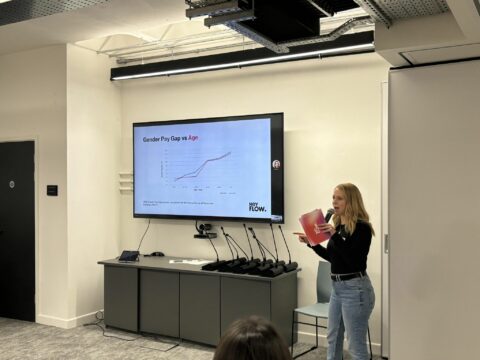
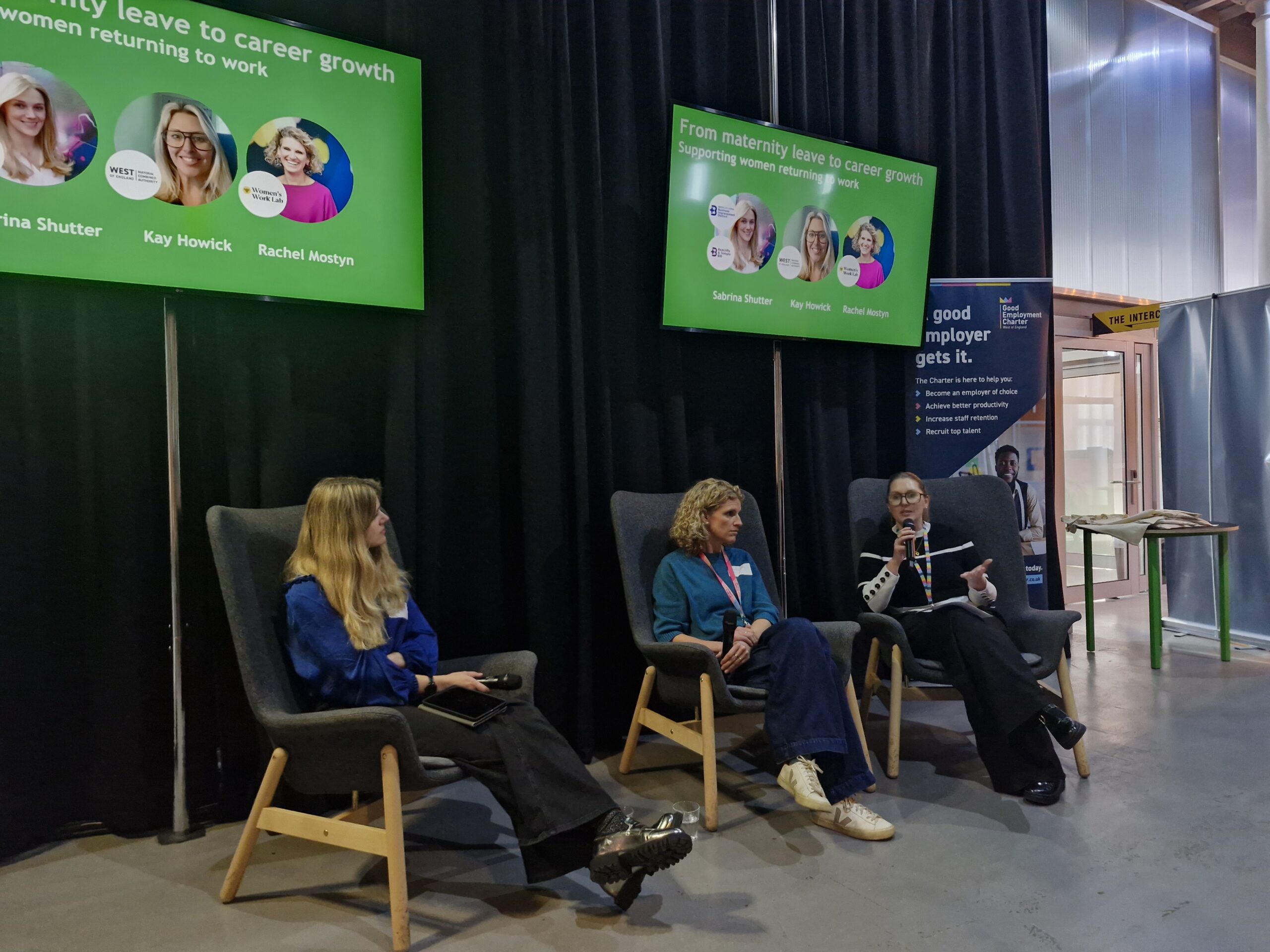 Published date12 March 2025
Published date12 March 2025 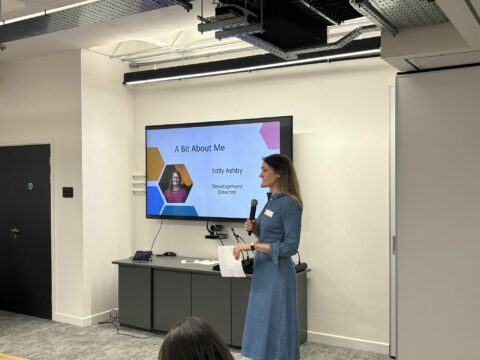
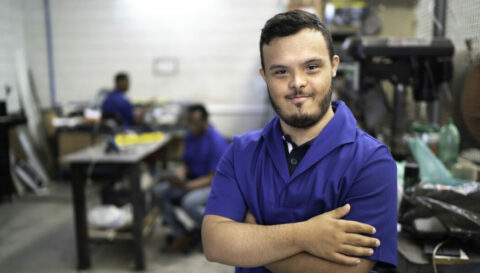
 Published date6 April 2022
Published date6 April 2022  Published date13 June 2022
Published date13 June 2022  Published date6 April 2022
Published date6 April 2022  Published date30 May 2022
Published date30 May 2022 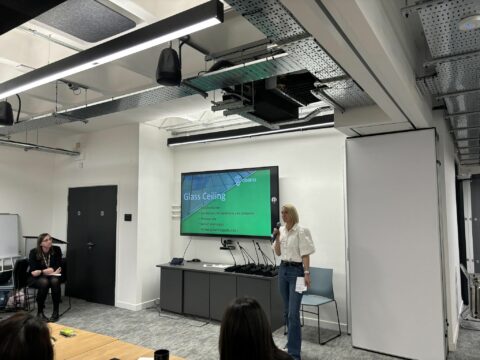
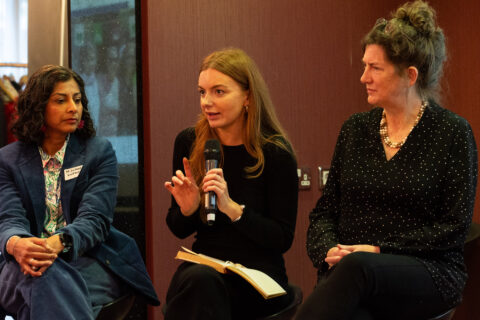
 Published date13 June 2022
Published date13 June 2022  Published date6 April 2022
Published date6 April 2022  Published date12 September 2024
Published date12 September 2024 